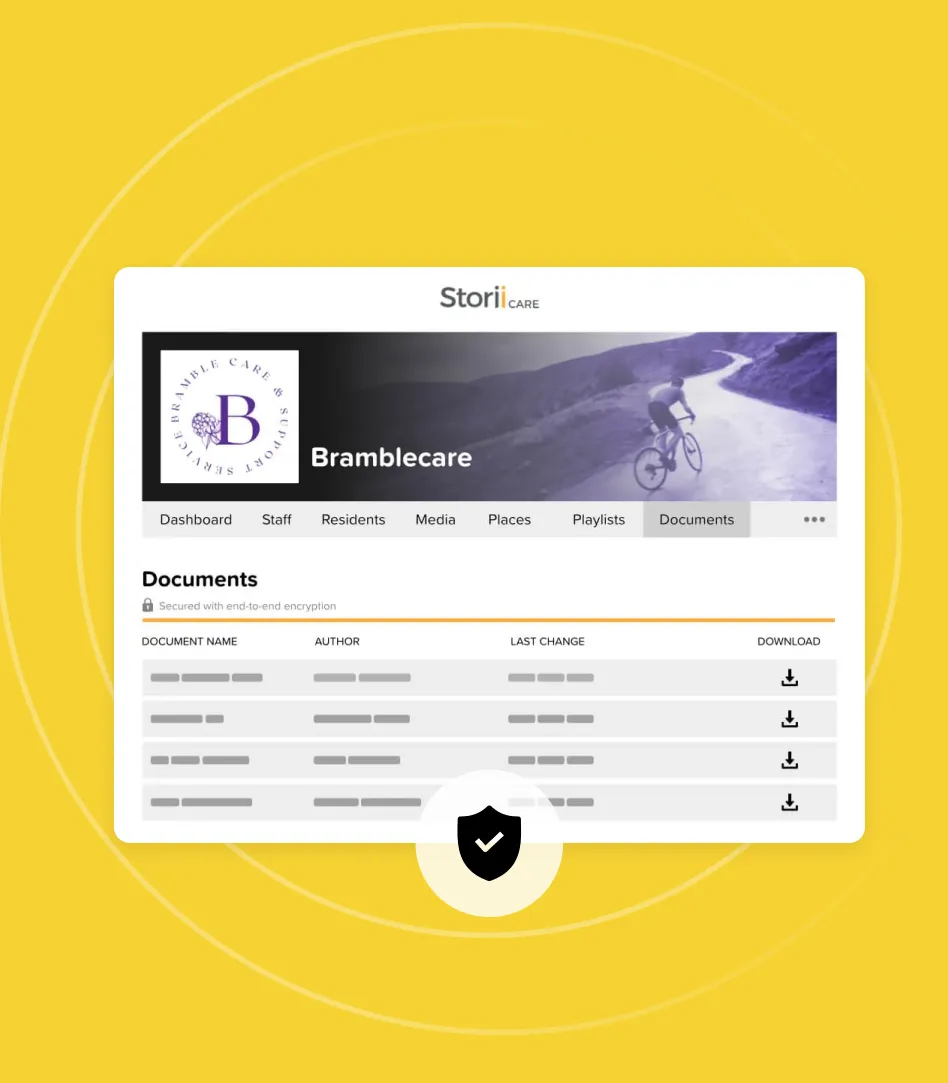Arts Therapy & Alzheimer's
The arts have always held a therapeutic element. However, it is only more recently that they’ve gained traction as a valid and professional method of therapy. Arts therapy is still relatively new to caregivers, and therefore research around the efficacy of creative arts therapy in the treatment of Alzheimer’s Disease and dementia is still to be expanded and improved upon. A 2014 systematic literature review reported that arts therapy proved effective for the treatment of emotional and behavioral challenges associated with cognitive diseases. However, there was no evidence of arts therapy being an effective treatment for cognitive decline itself.
There is still work to be done in identifying which arts therapy activities and approaches are best suited and most effective for Alzheimer’s and dementia patients. That said, the use of arts therapy facilitated by a trained professional in a safe environment can have immediate benefits for those living with dementia.
Lower cortisol levels
The act of creating reduces the stress hormone, cortisol. Regardless of an individual’s skill level or the type of art they’re utilizing, the act of creation is enough to reduce stress and increase positive feelings.
Reduced Isolation
Loneliness and social isolation is endemic in older populations. Those diagnosed with dementia are especially prone to withdraw from their normal social activities and relationships. Reaping the therapeutic benefits of music and arts therapy has been shown to increase social connection with those around them.
Emotional Regulation
Individuals living with dementia often struggle to express themselves verbally. It is not uncommon to hear that people with dementia feel trapped within their bodies, unable to effectively communicate their thoughts and feelings. Activities such as painting, drawing, sculpting, and playing offer the opportunity for self-expression in non-verbal formats. An individual may be able to express a rage they’re feeling by scribbling it out on a canvas. This is a healthy outlet for such emotions and may reduce occurrences of lashing out at a loved one or staff member.
Stimulated Senses
Arts and crafts stimulate the senses through colors, textures, scents and sounds. It is important to engage dementia patients in activities that stimulate their sensory perceptions as there is an observed progressive decline in sensory perception for those living with cognitive impairment.
Memory Recall
Not only can music soothe someone who is acting aggressively or agitated, it can bring up specific memories. Music and memory have strong correlations. I’m sure you can think of an instance where you hear a song and it instantly brings you back to a specific time or moment in your life. These mental connections do not easily deteriorate, even in someone with dementia.
Neural Pathway Development
If someone engages in an arts activity they have not done before, or are out of the habit of doing, it will form new neural pathways and connections. Those new pathways are good for the brain, even a degenerating one. Skills can still be developed and reach their full potential!
Improved Mood
Brain scans reveal that looking at art releases a surge of dopamine in the brain, in the orbito-frontal cortex area of the brain. This is the same area of the brain which is responsible for registering romantic love, desire, affection, and pleasure. Thus, the physiological pleasure reaction when viewing art is immediate. Patients in hospitals who viewed artwork reported less suffering, and speedier recoveries.
If you are an Activity Coordinator for a care provider, consider scheduling a demo with StoriiCare to see their modern, easy-to-use care management and activity recording software. StoriiCare exemplifies person-centered care and has a dedicated package designed to lighten the work load of activity professionals.




.png)
.png)
.png)










